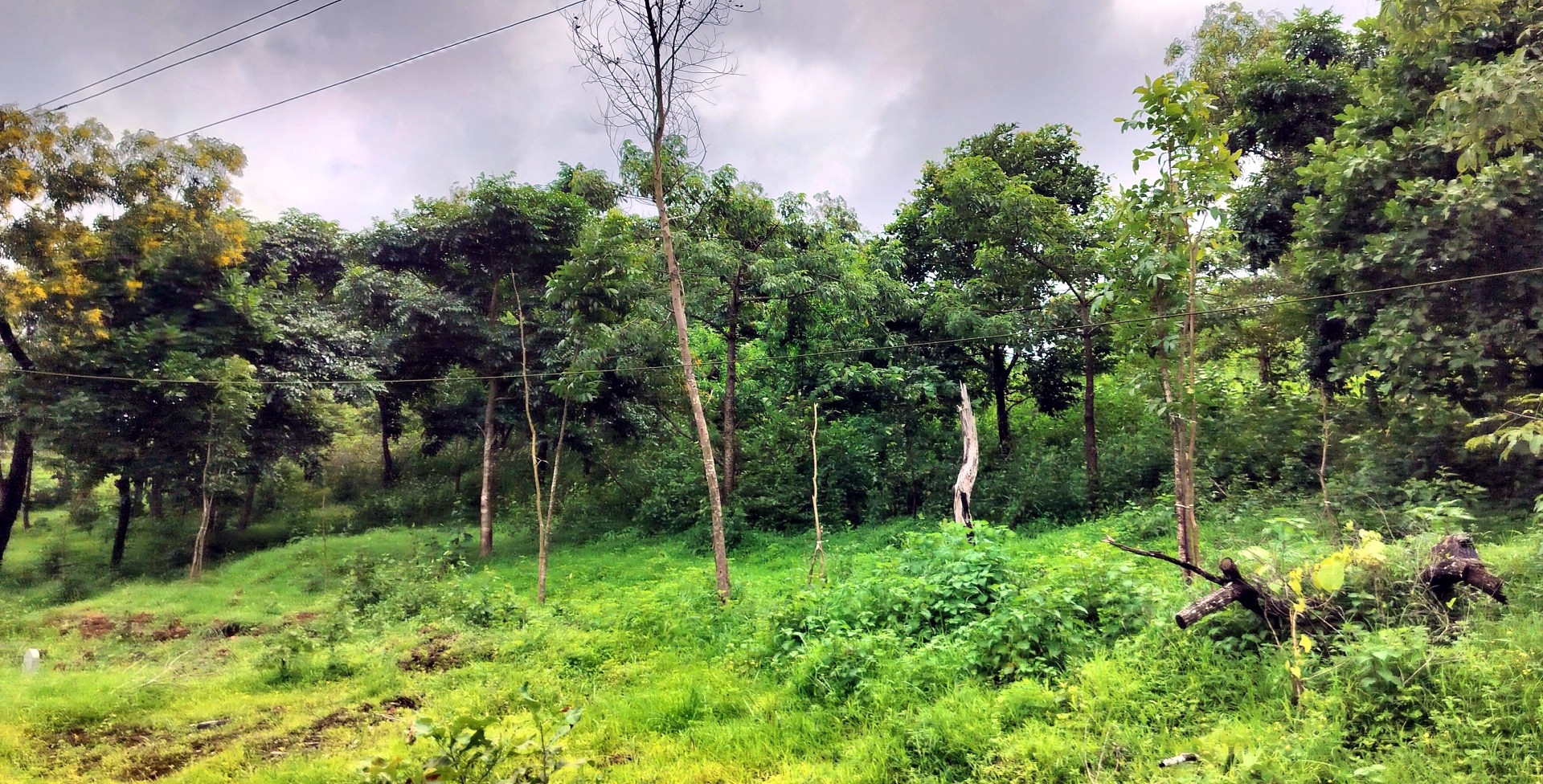Over 400 sign letter, call for special gram sabha to discuss plan; locals fear threat to land, environment; plan legal action on land sale

GREEN, GREEN, GOING: The green hillside of comunidade land in Cansa, Tivim, designated for the proposed private university project.
MAPUSA
A growing movement of locals, including some prominent Gaunkars, are uniting in opposition to the proposed establishment of a private university on comunidade land in the village of Tivim.
Villagers argue that the project could threaten their environment, infrastructure and heritage.
On Wednesday, more than 400 concerned citizens, including Gaunkars, submitted a formal letter to the Tivim village panchayat, objecting to the construction of the private university.
Wednesday marked the last day to file objections or provide suggestions on the controversial project.
The villagers have also called for a special gram sabha to address the issue publicly.
Among those leading the charge is Mollie Da Gama Silva, a resident of Cansa-Tivim, who raised concerns that the project may be the beginning of even more commercial development.
“There is a real fear that hidden projects like hotels will follow in the wake of this university. This could turn our village into a concrete jungle. The natural ecosystem and the hills surrounding the area will be vulnerable to soil erosion and deforestation,” Silva said.
Residents have also expressed concerns about the strain the university could place on the village's infrastructure, including sewage systems, waste management, and the availability of water and electricity.
Despite the opposition, the project has received the backing of the government, which approved the establishment of MIT World Peace University, Pune, on a plot of 2 lakh square metres.
The land, which falls under Survey No. 88/1, is owned by the Tivim comunidade. The Investment Promotion Board (IPB) has already given the project in-principle approval, sparking further discontent among locals.
Tivim resident Rahul Mhambre criticised the manner in which the land was allocated.
"Land in Goa should serve the public good, not private interests," Mhambre said.
He argued that the proposed project goes against the spirit of the 73rd Amendment to the Indian Constitution, which empowers gram sabhas to have a say in village-level development projects.
"The IPB is undermining the powers of the gram sabha by pushing this project through without consulting the local community."
Mhambre also called out the lack of transparency surrounding the project.
“The government has not shared a feasibility report, which is essential for understanding the environmental, social, and economic impacts of such a large development. Why this secrecy?” he asked.
He questioned the necessity of building a private university on such a massive scale, arguing that the State should instead focus on improving the existing infrastructure at Goa University, which has reportedly seen a decline in its rankings.
“Does Goa really need a private university that will swallow 2 lakh square metres of pristine land?” Mhambre asked.
Another former panchayat member, Robert Colaco, voiced his concerns over the disruption that will come with the project.
“Widening roads will mean demolishing the compound walls of several homes. This will completely alter the village landscape,” Colaco said.
He urged Chief Minister Pramod Sawant to rethink the decision, cautioning that the project could bring more harm than good.
“Is this really development, or is it destruction?”
Meanwhile, the movement to oppose the university has gained momentum, with some villagers planning to challenge the sale of the land in court.
Legal action may soon follow, as the people of Tivim attempt to protect their village from what they see as a looming threat to their way of life.
The debate over the university has sparked important conversations in the village – about sustainable development, local governance and the future of Tivim’s environment.
With tensions escalating, the outcome of this grassroots resistance remains to be seen, but one thing is clear: the people of Tivim are prepared to fight for their land.